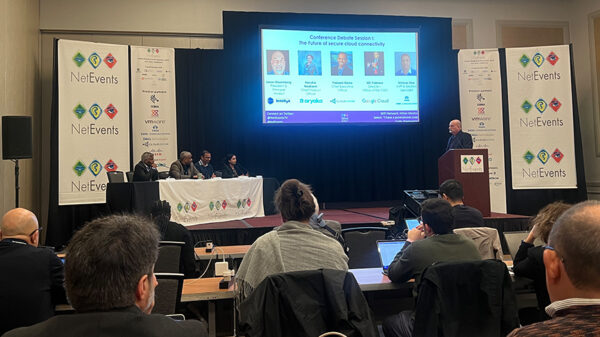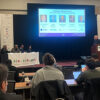Enterprises cannot keep pace with the digital change in the future as new digital demands from the so-called information generation affect their operations. This is according to “The Information Generation: Transforming The Future, Today”, a study conducted by Institute for the Future and Vanson Bourne involving 3,600 business leaders across 18 countries from mid-size to large businesses in nine industries to determine the imperatives and shifts in the new digital world.
The study revealed that 96% or nearly every business leader surveyed is confident that new technologies have forever changed the rules of business. Besides, 93% reported that recent technology advancements are resetting consumer expectations while nearly all say this will accelerate over the next decade.
According to the survey, the top demands from customers were as follows: faster access to services as claimed by 55% of respondents; 24/7 access was the reply of 53%; access on more platforms as declared by 50%; and personalized experiences for 47%.With these information generation-driven expectations, businesses agree that transformation is critical.
“As the impact of these customer expectations to businesses is critical, organizations must redefine the way they do business to avoid disruption as they cater to information generation,” said Ronnie Latinazo, country manager at EMC Philippines.
To survive disruption, business leaders have identified the top five “make-or-break” business attributes, which include the following: (1) predictively spot new opportunities in markets; (2) demonstrate transparency and trust; (3) innovate in agile ways; (4) deliver unique and personalized experiences; and (5) operate in real time.
Although decision makers agree that these business attributes are of utmost importance, only a few of them have thoroughly embodied them. In fact, the survey revealed that only 12% of these leaders can predictively spot new opportunities; only nine percent said that they innovate in agile ways; 14% demonstrate transparency and trust; 11% deliver personalized experiences; and 12% operate in real-time.
This shows that a small number of decision makers deals with these attributes very well or company-wide. However, Latinazo said there are opportunities for companies to leverage on these attributes.
Organizations must deal with these attributes to get their desired results and prepare for a rapid change in the future, as according to Gartner and IDC, more than seven-billion people on at least 30-billion devices will have created 44 zettabytes of data (or 44 trillion gigabytes) by 2020 which would rapidly lead to a data-driven world.
Businesses know they can get value from their data but almost half of the respondents admit they don’t have the idea on how to monetize or turn their data into actionable information. This was further explained by the result that although 70% of respondents say they can gain insights from data, only 30% are always on and able to act upon their information in real-time, and are unable to achieve this very well and company-wide. Besides, while 52% admit they do not use their data effectively or are drowning in information overload, only 24% consider themselves “very good” at capitalizing or turning data into useful insights and information.
The study also cited that the shifts into a data-driven future by 2024 will include the following: privacy enhancing technology or consumers will have more control of the information and privacy will be protected; networking ecosystems where inanimate objects will be more responsive and connected; enhanced decision making; multi-sensory communication where data will be communicated through senses; and information economy where data will be sold, donated and traded.
Latinazo said that in this new world, more value will be given on information than on products. Customers will be assisted to meet real-rime information and help them come up will new applications.





















































































































